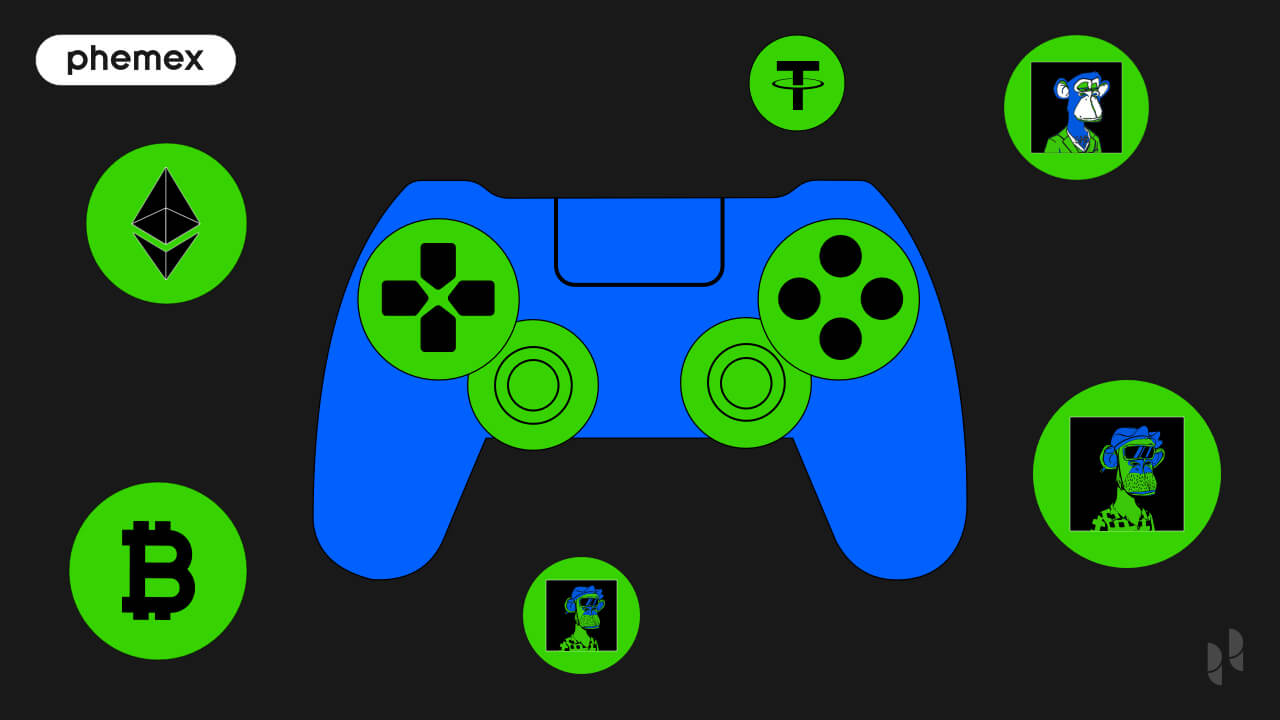Key Takeaways
- Blockchain gaming introduces provable fairness, ensuring game outcomes can’t be manipulated.
- Players gain true digital ownership of items, assets, and progression.
- Transparent, on-chain systems reduce fraud and reinforce trust in Web3 games.
How Blockchain Powers Fair and Transparent Games
As Web3 gaming grows in 2025, one promise stands above the hype: the ability to create fair and transparent games. Blockchain transforms traditional gaming systems—long criticized for opaque algorithms, locked-in assets, and centralized control—into ecosystems where players can verify outcomes, own their rewards, and trust that no hidden rules exist. This shift isn’t theoretical; it’s reshaping competitive esports, casual play-to-earn titles, and high-value NFT games across the industry.
Provable Fairness: Why Transparency Matters
The cornerstone of blockchain-powered gaming is provable fairness, a method that uses cryptographic algorithms to ensure every outcome is verifiable. In Web2 games, players often rely on blind trust—assuming matchmaking, loot drops, and reward probabilities aren’t rigged.
Blockchain changes that by placing critical game logic on-chain.
- Random number generation (RNG) becomes publicly auditable.
- Smart contracts execute gameplay rules transparently.
- Outcome histories remain permanently recorded.
This creates a system where neither developers nor players can manipulate results. Competitive games especially benefit, as provable fairness eliminates the “hidden advantage problem” that has plagued traditional online gaming for years.
Also read : What Is Play-to-Earn Gaming and How Can You Profit?
True Digital Ownership Through NFTs
Ownership is another transformative element of blockchain gaming. Traditional games keep all assets—skins, characters, inventory items—under centralized control. Regardless of how much time or money players invest, they never fully own anything.
Blockchain introduces NFT-based ownership, enabling players to:
- Buy, sell, or trade assets freely on open marketplaces.
- Move assets across supported games.
- Maintain value even when a game changes or shuts down.
This shift gives players unprecedented economic freedom and reinforces trust. When ownership is verifiable on-chain, scarcity and value become transparent—not dictated by corporate policy.
Eliminating Fraud With Immutable On-Chain Records
Fraud has long been a challenge in online gaming, from fake in-game items to manipulated trading systems. Blockchain substantially reduces these risks by making every transaction secure and immutable.
Key benefits include:
- Tamper-proof transaction logs, preventing duplicate or fake items.
- Secure peer-to-peer trading, removing the need for intermediaries.
- Clear asset histories, validating authenticity and provenance.
For developers, this translates to reduced customer support burdens. For players, it means a safer environment where digital economies can flourish without constant threats of scams.
Trustless Systems Reinforce Player Confidence
“Trustless” doesn’t mean games without trust—it means systems where trust is built into the technology itself. Players don’t need to trust a company blindly because blockchain ensures transparency at every level.
Trustless gaming allows:
- Autonomous execution of game rules.
- Community-driven governance through DAOs.
- Transparent reward systems with verifiable logic.
This structure fosters long-term player engagement, as communities feel invested in the success and fairness of the game’s ecosystem.
The Future of Fair and Transparent Games
As 2025 unfolds, blockchain continues to redefine what fairness means in digital entertainment. With provable randomness, immutable records, decentralized ownership, and trustless mechanics, developers can build gaming economies with integrity at their core.
For players, this era marks a shift from passive participation to active empowerment. Fair and transparent games are no longer a distant goal—they’re becoming the standard for Web3 gaming.
Disclaimer: The information in this article is for general purposes only and does not constitute financial advice. The author’s views are personal and may not reflect the views of GameDegen.com. Before making any investment decisions, you should always conduct your own research. GameDegen.com is not responsible for any financial losses.



